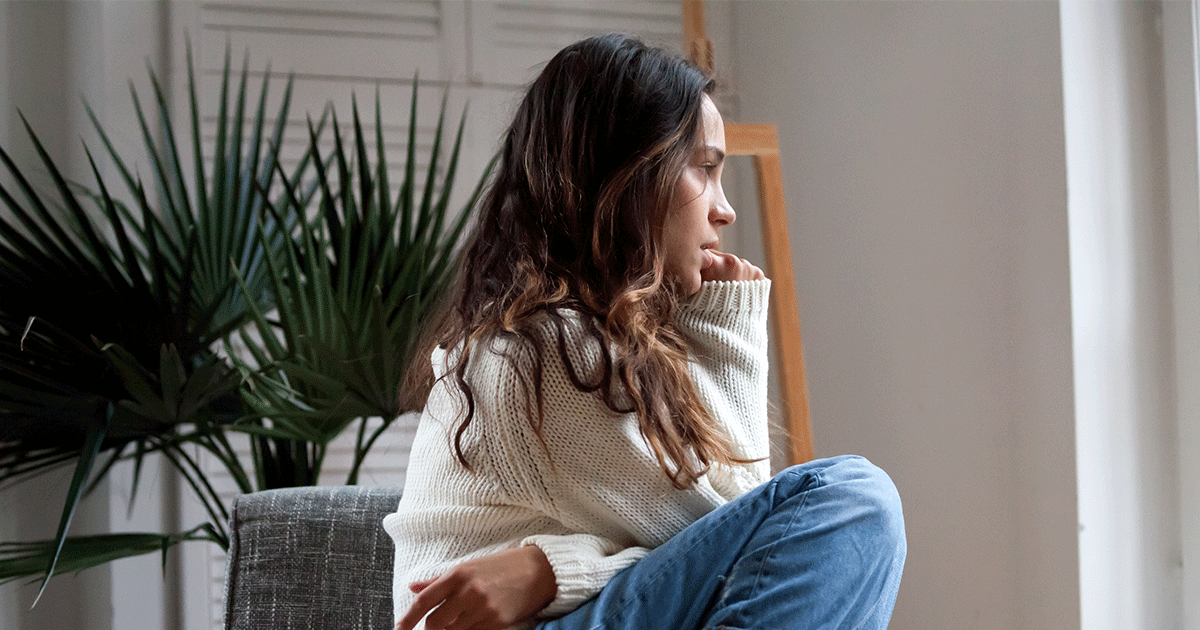We’ve heard the sing-song rhyme nearly all our lives. First comes love. Then comes marriage. And when we were five and skipping rope to the rhyme or dressing Barbie up in a white dress to walk down the aisle to marry Ken, it all seemed so simple. You meet someone, fall in love, and get married. Easy peasy. Of course, real life isn’t ever that simple!
The decision to get married is a huge one! Maybe you’ve been dating your partner for a while and you’re wondering if it’s time to take the leap and get married. Maybe you’re wondering the age-old questions, “How do you know when you’ve found The One?” or “How do you know when you’re ready for marriage?”
We don’t pretend to have all the answers. Ultimately, you’re the only one who knows when you’re ready. But there are a few signs you can look for that might help you know if you’re ready to walk down the aisle.
You aren’t looking for your other half. A healthy marriage is made of two complete people who love themselves. If you’re looking for someone else to complete you, you’re setting yourself up for disappointment and your partner up for frustration. Because that’s too much pressure to put on another person. Nobody else can complete you. And you can’t complete someone else. Your marriage is more likely to get off on the right foot if you love yourself and feel like a whole person with your own network of friends and family to support you.
You know what you’re looking for in a partner – and you’ve found it! What traits do you think are important in a partner? What values do you think your spouse should share with you? Before you get married, consider these questions and see if your boyfriend or girlfriend has the traits and values that are important to you.
You really know each other. You’re vulnerable with each other about your insecurities and mistakes, and you still love each other. When you know the hard stuff about each other and you both stick around, that’s a good sign that you’re committed to each other – you know, for richer or poorer, in sickness and health.
When you think about the future, your partner is part of it. When you daydream about 10 years from now or 20 years from now, is your boyfriend or girlfriend part of those daydreams? Have you talked about whether you both want children? Or where you want to live? Or the kind of life you want to live? If you’re on the same page about all the major decisions and you can easily see yourself together for the long haul, then maybe you’ve found the one.
You trust each other and feel secure together. You don’t have doubts about how your partner feels about you. Neither of you threatens to leave when conflict comes up. When you spend time apart, neither of you worries about whether the other is being faithful. A strong marriage is built on trust and security, so having that is a good start to knowing you’re ready for marriage.
You’re ready to make the effort to keep the spark alive. You’ve probably heard older people talk about how much work marriage is. All the spark or chemistry or lovey-dovey feelings you have when a relationship is just starting out won’t consistently be there on a day-to-day basis. Feelings fluctuate. Moods shift. Daily life happens. And sometimes a relationship requires hard work. Are you ready to do the work? Because a healthy marriage requires intentional work on your relationship.
You’re motivated by love and commitment. Not by an agenda or a timeline. You don’t see all your friends getting married and think, “Well, it’s time for me to get married too.” You aren’t graduating from college or turning 25 or turning 30 and thinking that marriage is The Next Step. You’re not feeling pressured to get married because you’re pregnant or because you’ve had sex or because he’s the first guy who’s told you he loves you. It’s a good idea to think about why you want to get married. If your strongest reasons are anything except a genuine love and commitment to your partner, then maybe take a step back and give the relationship more time to grow before you consider marriage.
Who to marry and when to get married — those are some big decisions. Good for you for giving careful thought to whether or not you’re ready! As we said, we don’t pretend to have all the answers, but we’re here to help you ask the hard questions so you can figure out the answers that are best for you. If you want to talk to one of our staff members, please call today.





